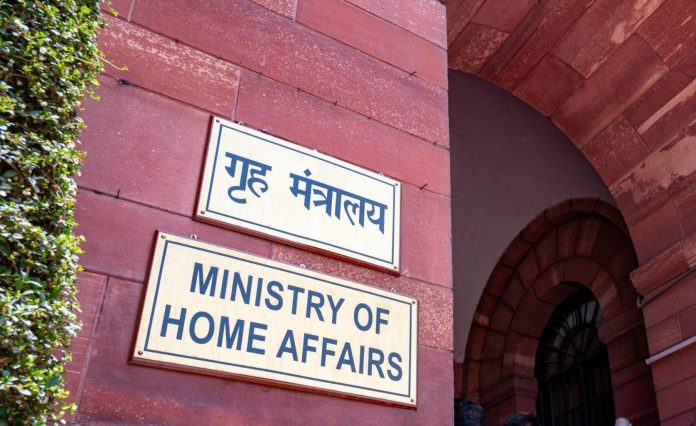Wangchuk, other protesters call off fast, sit-in
*Breakthrough after Joint Secretary’s visit
Sanjeev Pargal
JAMMU, Oct 21: Deadlock between Ladakhi protesters including climate activist Sonam Wangchuk was finally resolved today after the Union Home Ministry announced to call a meeting of the High Powered Committee (HPC) on Ladakh headed by Union Minister of State for Home Nityanand Rai in New Delhi on December 3.
Follow the Daily Excelsior channel on WhatsApp
A decision to this effect was conveyed to Wangchuk at Ladakh Bhawan in the Union capital where he has been fasting since October 6, by Prashant Lokhande, Joint Secretary MHA for Jammu & Kashmir and Ladakh.
Lokhande visited protest site of Wangchuk this afternoon and conveyed him the decision of the MHA in the presence of Leh Apex Body (LAB) co-chairman Chering Dorjay Lakruk and other protesters from the Union Territory of Ladakh. Wangchuk and protesters then broke their fast and called off their sit-in.
Immediately thereafter, the MHA issued a letter fixing meeting of the High Powered Committee at 11 AM in the North Block, New Delhi on December 3.
“A High Powered Committee was constituted under the chairmanship of Nityanand Rai, Minister of State for Home Affairs, Government of India for the Union Territory of Ladakh vide the Home Ministry’s order dated 2.1.2023. The said Committee was reconstituted further under the chairmanship of Rai on 30.11.2023. It has been decided to hold next meeting of the Committee on 3.12.2024 at North Block to continue the discussion further as per the Terms of Reference of the Committee,” the Notice of Meeting issued by the MHA said.
Wangchuk earlier undertook month-long ‘padyatra’ from Leh to New Delhi and was since then sitting on fast in support of the demands for Sixth Schedule status and Statehood to Ladakh, at Ladakh Bhawan.
Earlier, the agitation in Ladakh in favour of four-point agenda including Sixth Schedule, Statehood, two Parliamentary seats and dedicated PSC was being spearheaded by the Leh Apex Body (LAB) and Kargil Democratic Alliance (KDA).
Only yesterday, a delegation of senior BJP leaders from UT of Ladakh met Union Home Minister Amit Shah and briefed him on the situation in Ladakh.
Meanwhile, Wangchuk hoped that the outcome of the talks between the Home Ministry and the Leh Apex Body and Kargil Democratic Alliance, the two socio-political organisations from the two regions of Ladakh, will be positive.
“The talks will be carried out by these bodies and I hope that very good outcomes will come, not just for Ladakh but for the whole nation.
“I just hope that I do not ever again have to do another anshan (fast) for this reason and it will result in a very happy ending. I want to, on this occasion, thank everybody who supported us in this effort,” Wangchuk said.
Chering Dorjay Lakruk, the president of the Ladakh Buddhist Association (LBA) and co-chairman Leh Apex Body, thanked Wangchuk and others who took out a march for resumption of the talks that were stalled.
“The talks will be resumed now. We have not achieved anything yet. We hope that the talks on our four-point demands will be meaningful,” he said.
Ladakh MP Mohammad Haneefa Jan also hoped that the talks will have a meaningful outcome.
“We had to go back to protest because the talks were not resumed even after (the Lok Sabha) election. We are happy that the talks are being resumed and hope that they will continue till a solution is found.
Wangchuk, along with his supporters, marched to Delhi from Leh demanding Ladakh’s inclusion in the Sixth Schedule of the Constitution. They reached the national capital on September 30 after walking for a month.
They were detained at the capital’s Singhu border by the Delhi Police and released on the night of October 2.
Wangchuk sat on the fast on October 6 to press for the demand for Ladakh’s inclusion in the Sixth Schedule and meet the top leadership of the Government to raise the issue.
The Sixth Schedule of the Constitution includes provisions for the administration of tribal areas in the States of Assam, Meghalaya, Tripura and Mizoram in the northeast. It establishes autonomous councils that have legislative, judicial, executive and financial powers to independently govern these areas.


